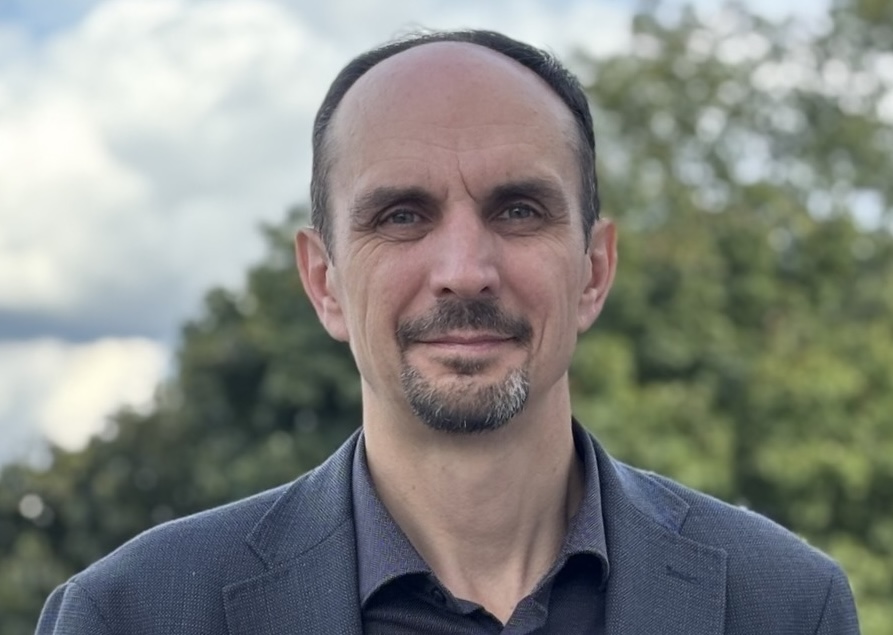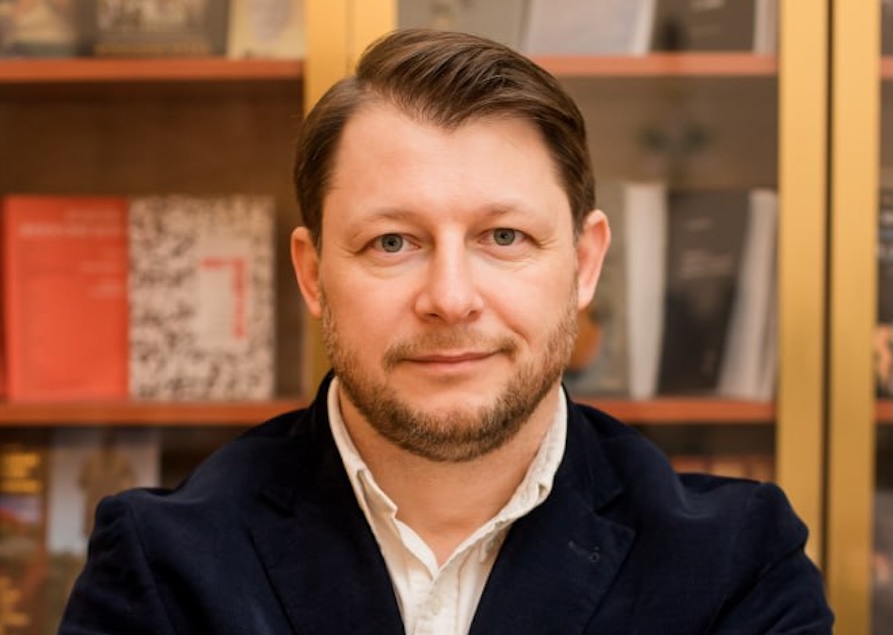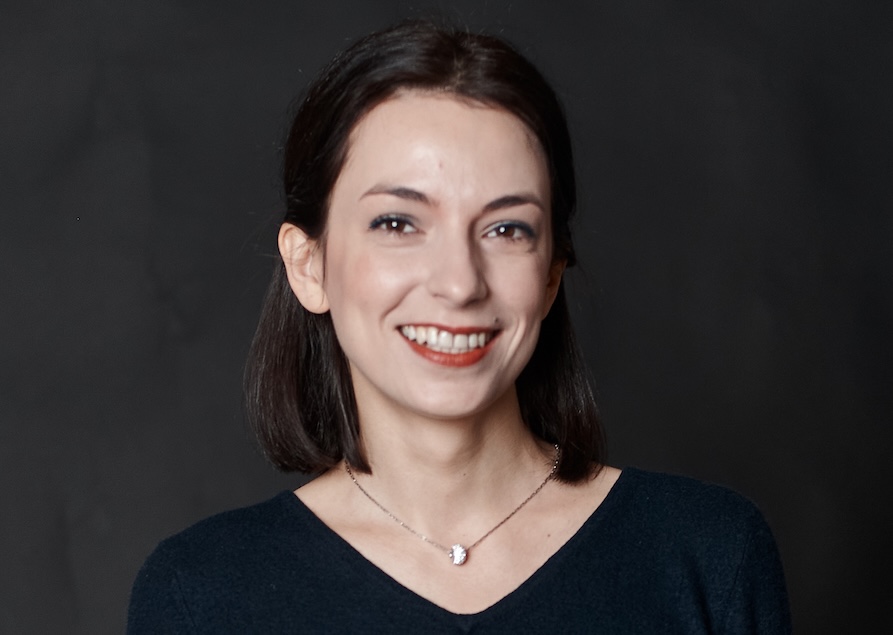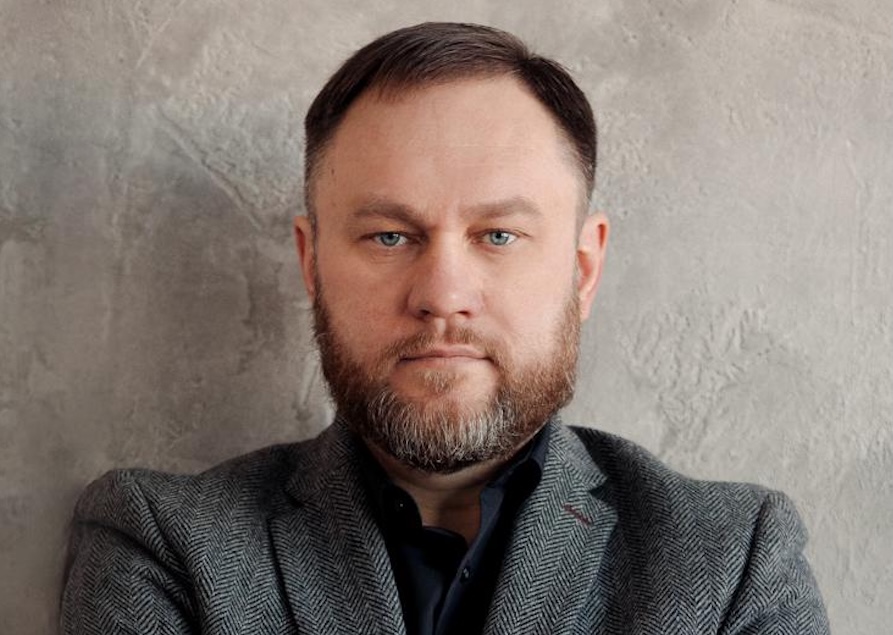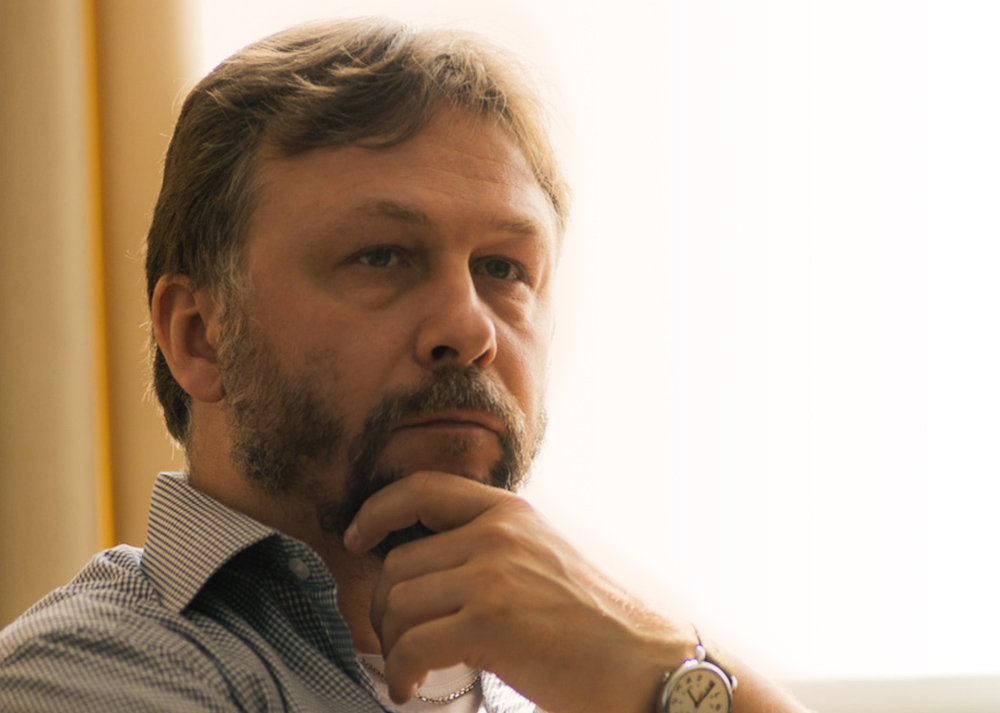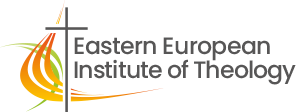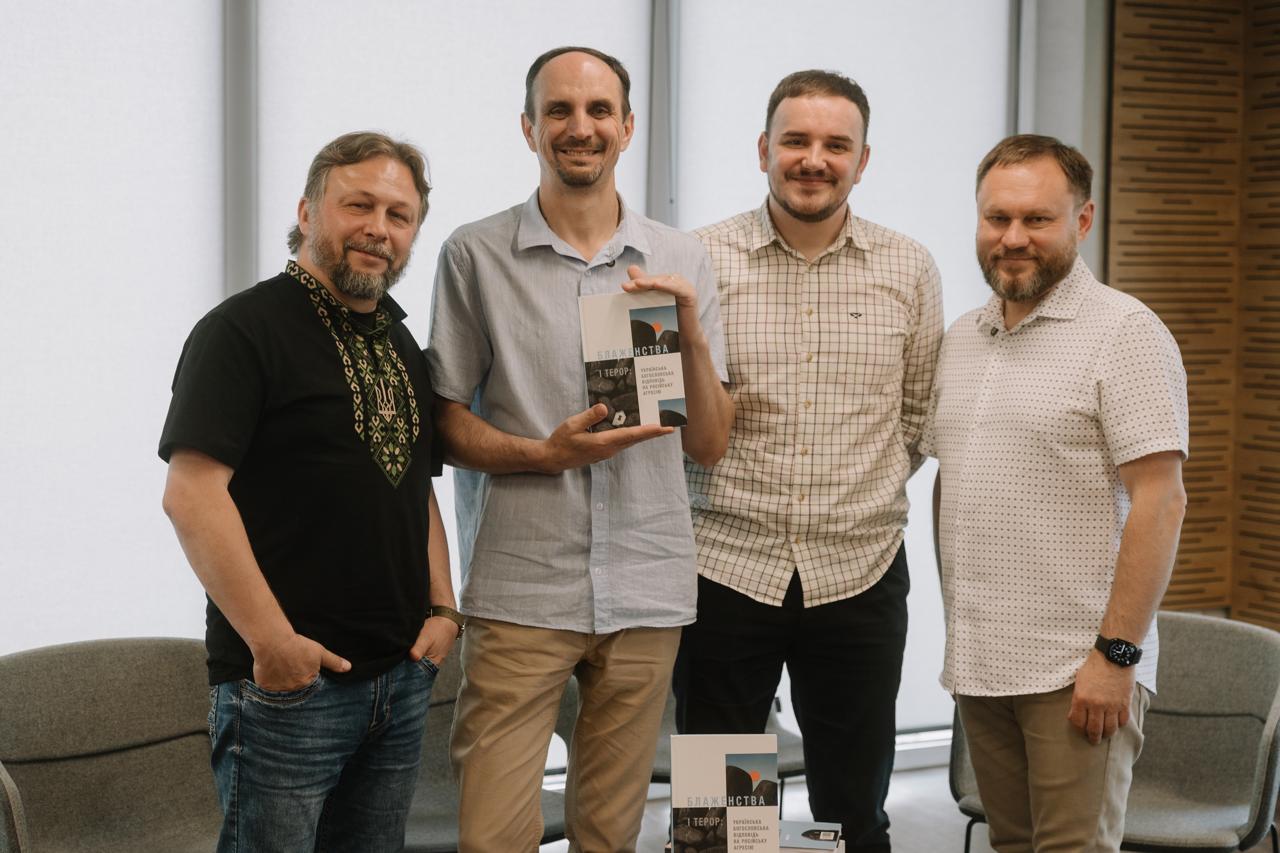about institute
Academic Community for the Church’s Public Mission
The Eastern European Institute of Theology continues the work of the Resource and Research Center of the Euro-Asian Accreditation Association (2008–2018), which launched and supported various projects to ensure the quality of higher theological education in the region. The Institute collaborates with Mesa Global, Langham Publishing, Scholar Leaders, and the International Evangelical Theological Alliance to develop theological education programs and enhance the quality of academic research.

Mission
We exist to foster an open academic and educational environment where evangelical Protestant scholars collaborate to advance intellectual culture through high-quality theological research. The Institute supports the creation of relevant theological knowledge and ensures its effective dissemination.
Values
Gospel
Adherence to the classical confessional principles of the global evangelical Protestant movement, as articulated in the Lausanne Covenant (1974 Congress).
Academe
Intellectual independence and research freedom, high academic standards, minimal bureaucratic interference, and encouragement of independent scholarly initiative among theologians.
Openness
Engagement with representatives of diverse religious and non-religious communities, and collaboration in the development of civil society.
Dialogue
An unbiased, constructive, and comprehensive dialogue addressing the pressing theological challenges of our time.
Goals
